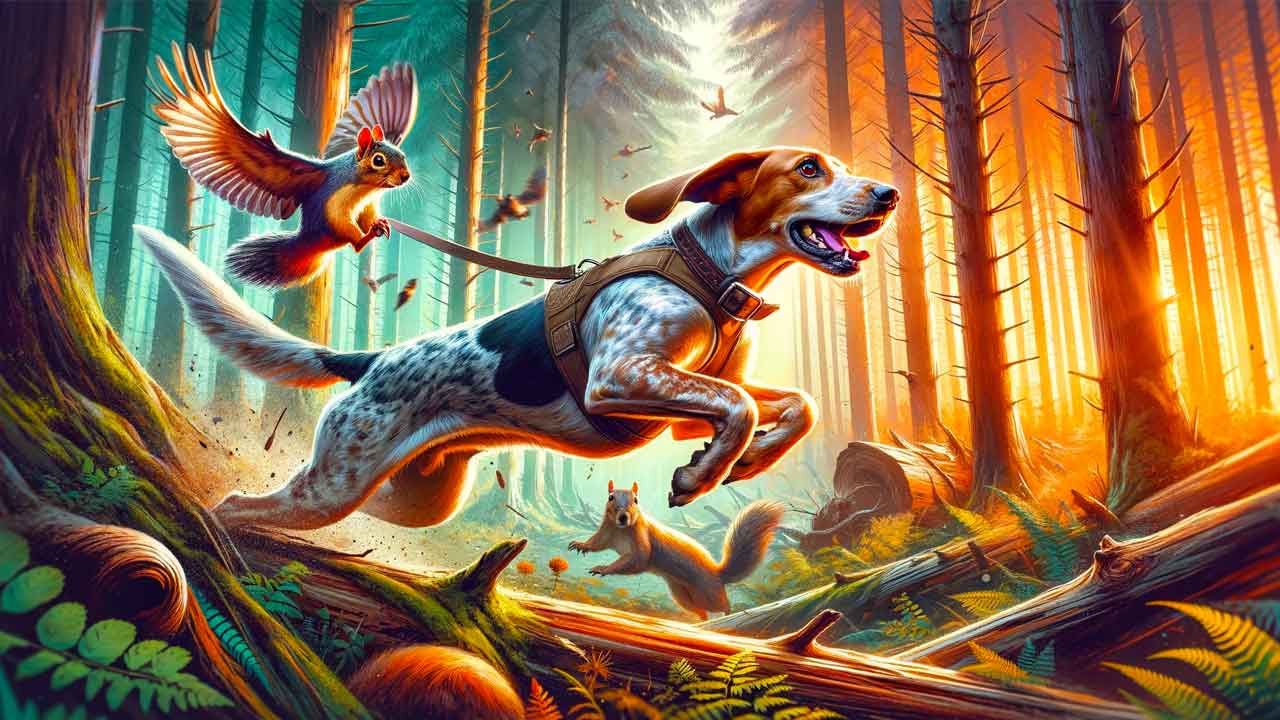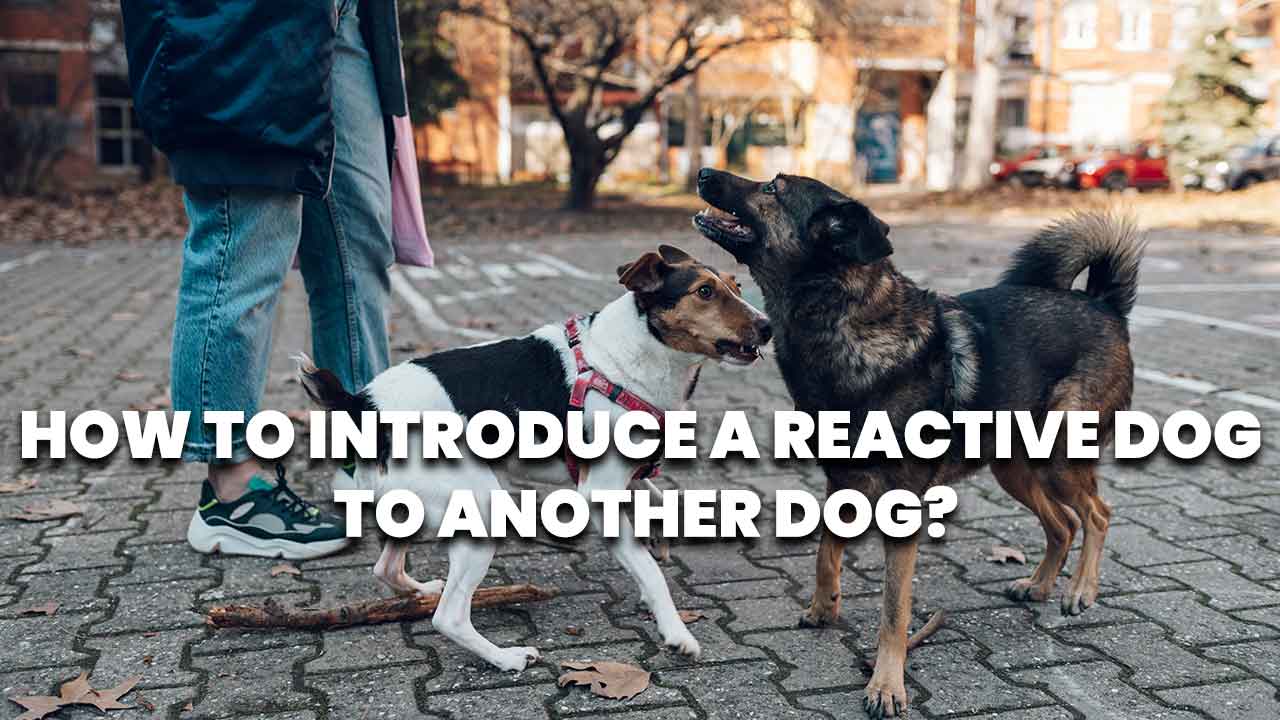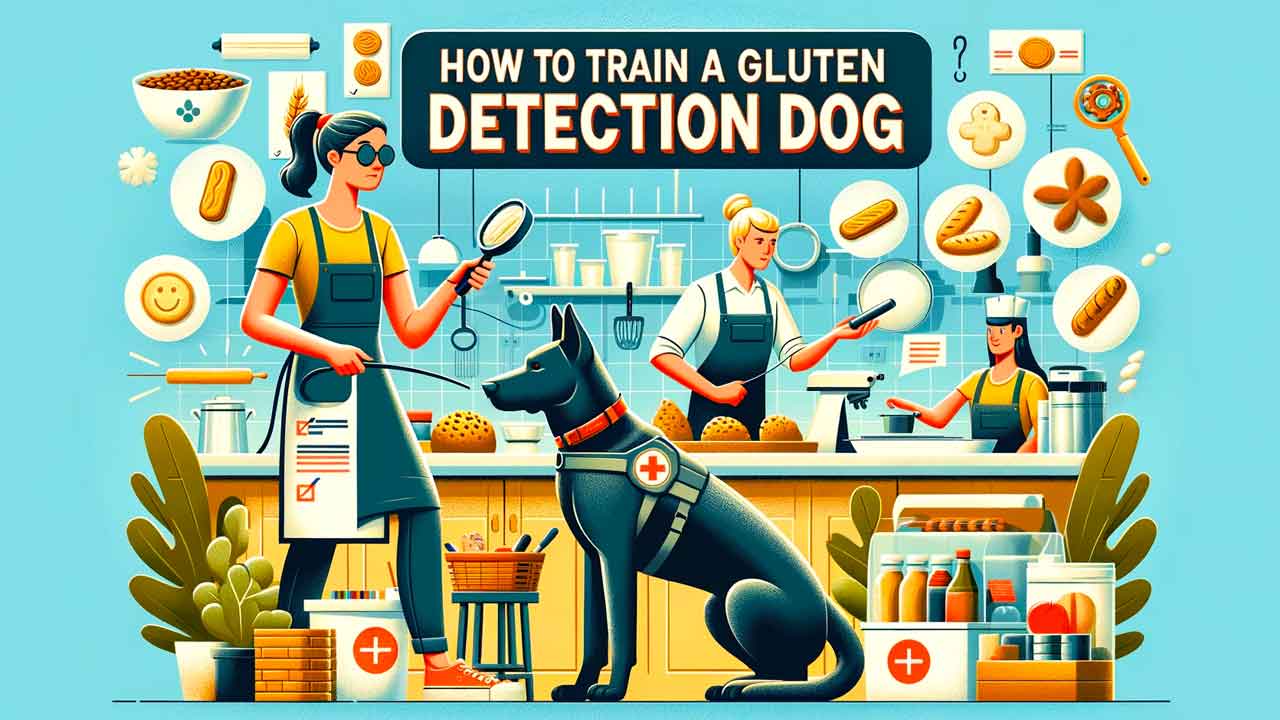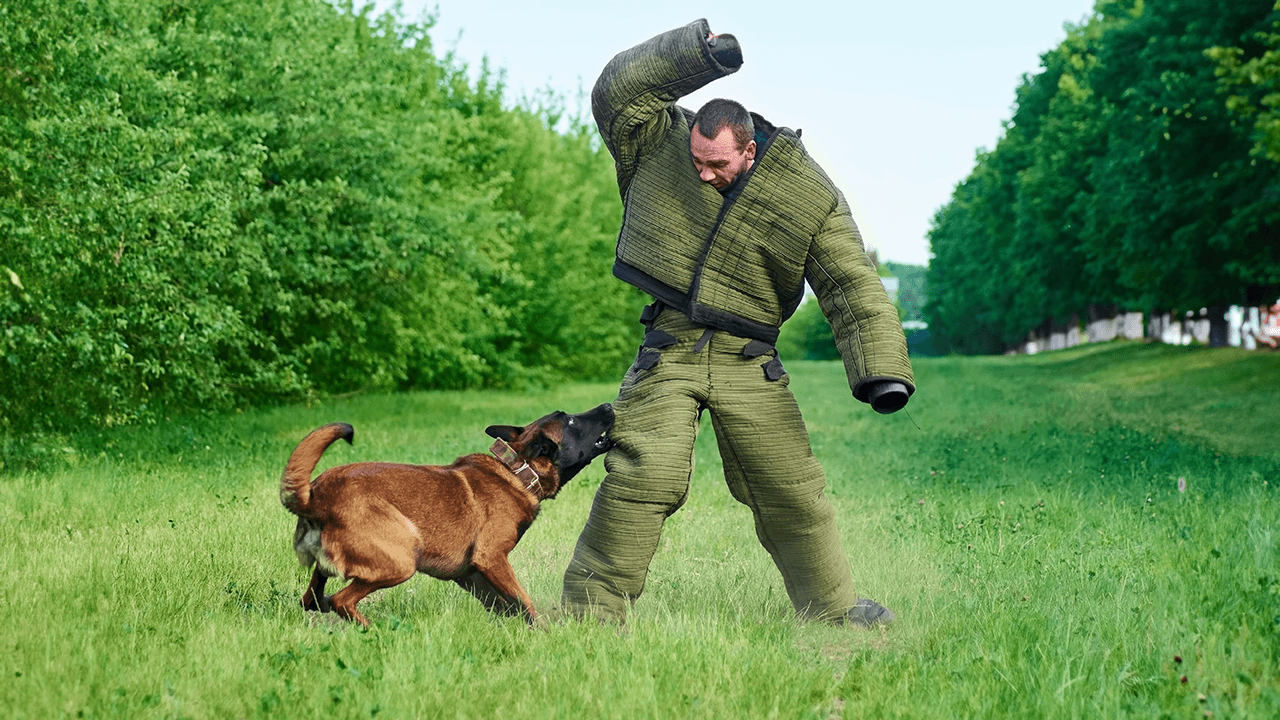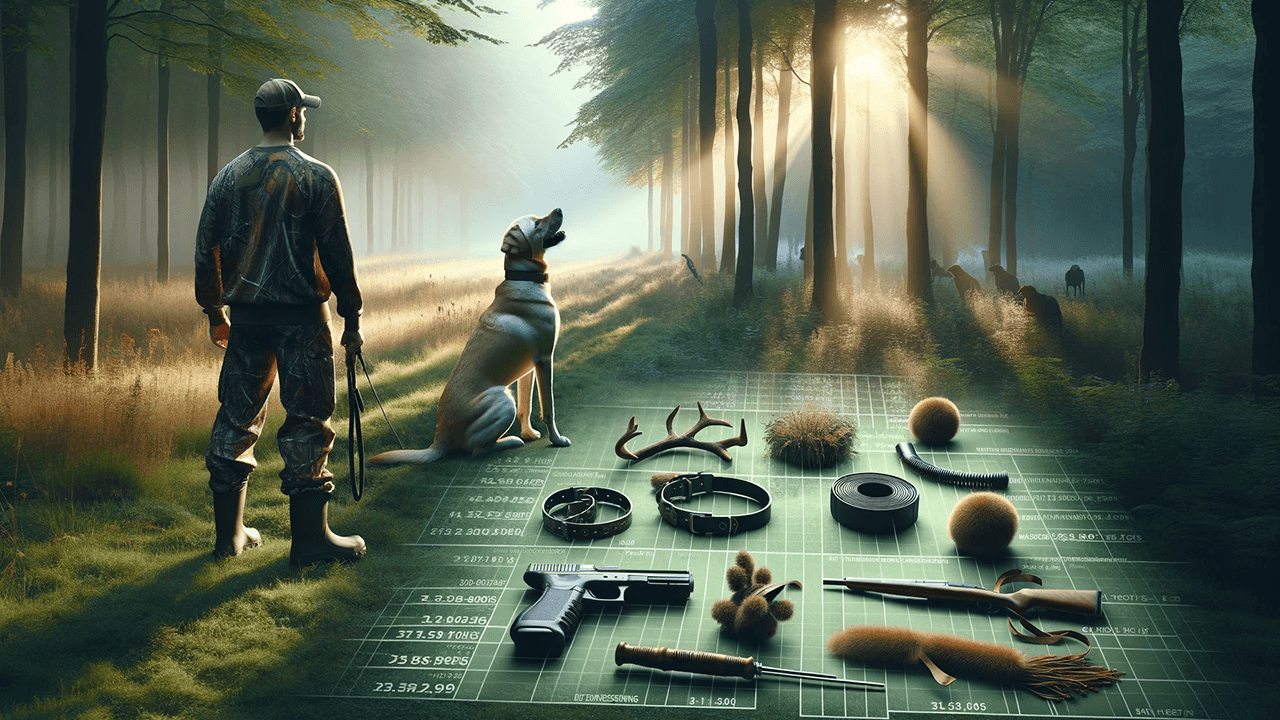How to Train a Squirrel Dog Effortlessly Easy
Key Insights about how to train a squirrel dog
| Key Point | Description |
|---|---|
| History and Purpose of Squirrel Dogs | Roles and historical significance of squirrel dogs in hunting. |
| Common Breeds for Squirrel Dogs | Suitable breeds for squirrel hunting like Mountain Cur and Treeing Walker Coonhound. |
| Benefits of Owning a Squirrel Dog | Advantages like effective hunting, companionship, and outdoor activity. |
| Understanding Squirrel Dog Behavior | Insights into their natural instincts, barking cues, and common training challenges. |
| Starting the Training Journey | Guidelines on selecting the right breed, training age, and building a bond. |
| Basic Obedience Training | Essential commands and leash manners for control during hunting. |
| Introducing Squirrel Scent and Tracking | Techniques for scent training and enhancing tracking skills. |
| Treeing and Barking Training | Methods for locating and alerting to squirrels. |
| Advanced Training Techniques | Specialized training for various terrains and managing distractions. |
| Tips for Success and Ongoing Training | Strategies for effective, continuous training and dog socialization. |
How to Train a Squirrel Dog?
To Train a squirrel dog you need to follow several key steps, beginning with selecting a suitable breed such as the Mountain Cur or Treeing Walker Coonhound. Start with basic obedience training, teaching commands like “sit,” “stay,” and “come,” which are essential for control and safety during hunting. Establishing a strong bond and trust with your dog is crucial in this early stage. Next, introduce your dog to the scent of squirrels. This can be done using hides or drag trails, gradually training your dog to track and follow the scent. As your dog becomes proficient in tracking, move on to treeing and barking training. Use caged squirrels to teach your dog to tree (locate and indicate a squirrel in a tree) and bark to alert you to its presence. Positive reinforcement through treats and praise is important to encourage and reinforce these behaviors. Advanced training includes honing your dog’s tracking skills in different terrains and teaching them to maintain focus amid distractions, such as other animals or environmental noises. Consistency, patience, and regular practice are key throughout the training process. By following these steps, you can effectively train a squirrel dog for successful hunting.
Introduction
To train a squirrel dog there is an art that blends traditional hunting practices with modern training techniques. Squirrel dogs have been used for generations to hunt small game, particularly squirrels. This guide, “How to Train a Squirrel Dog,” provides comprehensive insights into selecting the right dog, understanding its behavior, and implementing effective training strategies. The goal is to develop a skilled hunting companion capable of tracking, treeing, and alerting to the presence of squirrels.
The History and Purpose of Squirrel Dogs
Squirrel dogs have a rich history, dating back to when hunting small game was crucial for survival and sustenance. These dogs are specifically trained to assist hunters by sniffing out, chasing, and treeing squirrels. Historically, they provided an essential service by helping to locate food sources in dense forests. Today, while their role is more aligned with sport and recreation, the fundamental skills of a squirrel dog remain rooted in their historical purpose.
Breeds Commonly Used as Squirrel Dogs
Certain dog breeds are renowned for their squirrel hunting abilities. These include:
- Mountain Cur
- Treeing Walker Coonhound
- American Leopard Hound
- Rat Terrier
Each of these breeds possesses characteristics such as agility, a keen sense of smell, and a strong prey drive, making them ideal for squirrel hunting.
Benefits of Owning a Squirrel Dog
Owning a squirrel dog offers several benefits beyond the realm of hunting. These dogs are typically active, intelligent, and loyal, making them excellent companions. They provide an opportunity for outdoor exercise and recreation, and their training can be a rewarding bonding experience for the owner.
Understanding Squirrel Dog Behavior
Recognizing the Natural Instincts of Squirrel Dogs
Squirrel dogs have innate instincts that make them proficient hunters. They are naturally driven to chase and alert to the presence of squirrels. Understanding and harnessing these instincts is key to effective training. Recognizing signs such as intense focus, heightened alertness, and a tendency to follow scent trails can help in developing tailored training methods.
Interpreting Squirrel Dog Barking Cues
The barking of a squirrel dog is an essential communication tool during hunting. Different types of barks can indicate whether the dog has sighted a squirrel, is on its scent trail, or has successfully treed it. Learning to interpret these barking cues is crucial for the hunter to understand the progress of the hunt.
Identifying Common Challenges in Squirrel Dog Training
Common challenges when you train a squirrel dog include managing their high energy levels, focusing their natural hunting instincts, and ensuring they can differentiate between target animals and non-target distractions. Addressing these challenges requires a consistent and patient training approach.
Starting Your Squirrel Dog Training Journey
Selecting the Right Breed for Your Lifestyle and Hunting Needs
Choosing the right breed is a critical first step when you decide to train a squirrel dog. Consider factors such as your hunting style, the terrain you’ll be hunting in, and your lifestyle. For instance, some breeds may be better suited for rugged terrain, while others might excel in more open spaces.
Choosing the Appropriate Age for Training
Train a squirrel dog at the ideal age, when they are young, typically around 6 months old. This is the age when they are most receptive to learning and can start forming the habits that will make them successful hunters.
Establishing a Strong Bond with Your Squirrel Dog
A strong bond between the dog and owner is foundational for effective training. Spend quality time with your dog, engage in play and exercises that build trust, and establish yourself as the leader. A dog that trusts and respects its owner is more likely to respond well to training.
Train a Squirrel Dog in Basic Obedience.
Before advancing to specific hunting skills, it’s essential to establish basic obedience. Commands like “sit,” “stay,” “come,” and “heel” are crucial for maintaining control during hunting. Additionally, leash manners and recall are important for safety and handling in the field.
Introducing Squirrel Scent and Tracking
The next phase involves exposing your dog to the scent of squirrels. This can be done using hides or drag trails to simulate a hunting scenario. Encourage your dog to follow the scent and use positive reinforcement to reward successful tracking. This stage is vital for developing your dog’s scent detection abilities.
Treeing and Barking Training
Treeing and barking are key skills for a squirrel dog. Training your dog to tree involves using caged squirrels to simulate real hunting conditions. Encourage your dog to bark to alert you to the squirrel’s location. Reinforce this behavior with treats and praise to solidify the training.
Advanced Squirrel Dog Training Techniques
Advanced training includes honing your dog’s tracking skills in various terrains and teaching them to maintain focus amid distractions. Addressing issues like tree shyness or excessive barking is also part of this stage.
For more insights into specialized training techniques, explore our detailed guide on How to Train a Dog to Ignore Distractions.
Tips for Success and Ongoing Training
Consistency and patience are critical throughout the training process. Regular exercise and mental stimulation are important for your dog’s well-being and effectiveness as a hunter. Socializing your dog with other squirrel dogs and hunters can also enhance their skills and adaptability.
Conclusion
To train a squirrel dog is a journey that requires dedication, patience, and a deep understanding of the dog’s instincts and behavior. By following these guidelines, you can train a skilled and reliable squirrel dog that will be a valuable companion in your hunting adventures. For more resources and information on squirrel dog training, consider reaching out to hunting clubs and organizations specializing in this area.
- Discover specialized training methods in our article on How to Train a Gluten Detection Dog, which requires focused attention despite distractions.
- Learn about the costs involved in different training programs, including K9 training, in our article How Much Is K9 Dog Training.
- For information on the costs of other forms of dog training, read our article on Dog Protection Training Cost.
- Compare the costs of various dog training disciplines, including hunting, in our article How Much Does It Cost to Train a Hunting Dog.
- If you’re interested in becoming a professional dog trainer, check out How to Become a Dog Trainer in Missouri.
- For insights into training specific breeds, such as the Dogo Argentino, see How to Train a Dogo Argentino.
- To learn about training dogs for specialized roles like service animals, visit Train Dogs as Service Animals.

